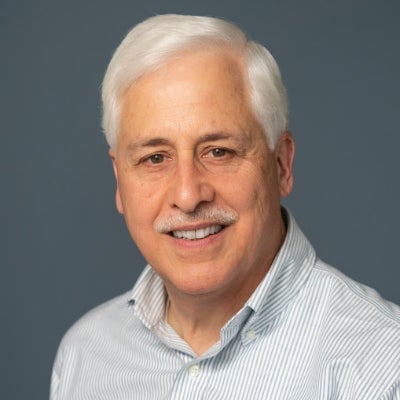The University of Rhode Island held the biannual IEEE Underwater Acoustic Signal Processing Workshop last month. The workshop has been hosted at University of Rhode Island every other year since 1985.
Formed as a collaboration between Naval Undersea Warfare Center, formerly Naval Underwater Systems Center, and electrical engineering faculty at URI’s College of Engineering. NUWC is the Navy’s full-spectrum research, development, test and evaluation, engineering and fleet support center undersea warfare. Professor Richard Vaccaro started in the electrical engineering program at URI around the time the first workshops were being created. His research began to heavily focus on sonar-related sensor array signal processing, with a lot of his research supported by the Office of Naval research. “We’re always trying to improve signal processing, especially algorithm accuracy or efficiency and the research into how this can be achieved benefits many underwater applications, hence the idea to develop this workshop,” said Vaccaro. The workshop is partly funded by the Office of Naval Research Undersea Signal Processing Program, which supports basic research in statistical, and ocean acoustic signal processing projects conducted at universities throughout North America.

Underwater acoustic signal processing is a topic heavily relied on by industry and defense agencies because sound travels four times faster in water than air. Underwater acoustics are used to detect, localize, and classify a sound of interest, often analyzing a signal by computing its spectrum. Ocean noise, both natural and manmade, adds to noise pollution and can create inaccuracies in analyzing soundwaves.
The event provides an informal atmosphere for discussions of original research on signal processing techniques with underwater acoustic applications. The intent is to review theoretical and experimental research at an early stage of development between academia, industry and government entities. Areas of interest include adaptive processing in non-stationary interference, underwater acoustic communications, marine mammal related acoustics, multi-static sonar signal processing and other related topics. These research themes are often utilized for underwater defense, environmental conservation, mapping the seafloor and more.
The workshop has grown to include more industry partners as well as academic partners and independent non-profit ocean conservation organizations like Woods Hole Oceanographic Institute and Scripps Institution of Oceanography. Attendees agree it works best to hold the event every other year, allowing enough research and development to occur between each workshop and facilitate an exchange of new information.
At the workshop, talks are presented to the attendees on various underwater acoustic topics. Presenters range from experts in the field to grad students in research labs.
“The workshops from the beginning have encouraged participation from graduate students,” said Vaccaro. Graduate students are often given complimentary registration or subsidized travel expenses to attend.

In 2013, Kaushallya Adhikari presented at the workshop as a Ph.D. student. “I remember her presentation,” said Vaccaro, who has attended every workshop since its inception. “Fast forward seven years, she applied for a faculty position at URI, and I already knew who she was, who her advisor was, and was familiar with her work. That’s the type of connection we aim to foster within this community through these workshops.”
Every person that serves as chair for the workshop chairs three consecutive workshops before someone else takes on the role. This year was Associate Professor Adhikari’s first time as workshop chair, a full-circle moment for her.
“I noticed, even when I attended in 2013, this workshop was very special because it is a close-knit community and attendees really get to interact and connect with each other,” said Adhikari. “I was honored to take on the role of chair this year and continue creating opportunities for others through the workshop.”
The next workshop is set for 2027, with Adhikari continuing her role as chair.
